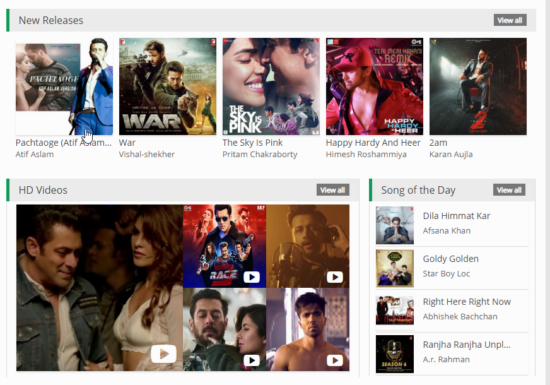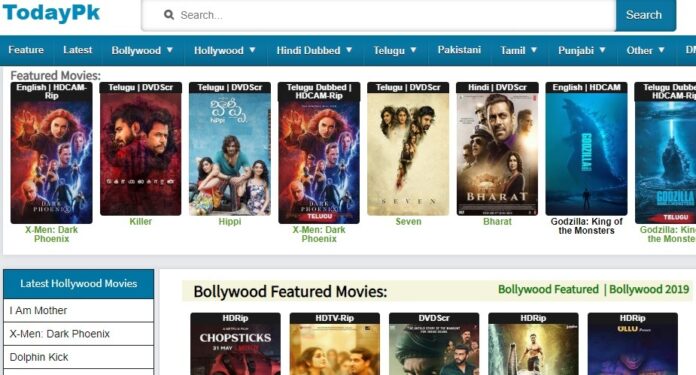Content marketing has become an essential aspect of digital marketing. Brands and businesses are investing significant amounts of time and resources into creating and distributing quality content to their target audience. However, creating content alone is not enough. It’s vital to assess the effectiveness of your content marketing efforts to make informed decisions about what’s working and what needs improvement. This article will explore five metrics you can use to assess your content marketing effectiveness.

1. Traffic
All Heading
One of the primary goals of content marketing is to attract more traffic to your website. Therefore, measuring the amount of traffic your content is generating is a crucial metric to assess your content marketing effectiveness. You can use tools like Google Analytics to track website traffic and analyze the behavior of your visitors. You can also use this tool to track how much of that traffic comes from your content and how much comes from other sources.
Additionally, analyzing your website’s bounce rate can also provide valuable insights into how your content is performing. Bounce rate is the percentage of visitors who leave your website after viewing only one page. If your bounce rate is high, it indicates that your content is not engaging enough or relevant to your target audience. Therefore, monitoring your bounce rate and making necessary adjustments to your content can help you improve the effectiveness of your content marketing efforts.
2. Engagement
Another metric to assess your content marketing effectiveness is engagement. Engagement refers to the number of likes, comments, shares, and other interactions your content receives. High engagement indicates that your content is resonating with your target audience and generating interest. You can track engagement by monitoring your social media platforms and other channels where you distribute your content.
Additionally, you can use social listening tools to track brand mentions and user-generated content related to your brand. Social listening can provide valuable insights into how your content is being perceived by your target audience and identify areas for improvement.
3. Conversion
Conversion is the ultimate goal of content marketing. Conversion refers to the number of visitors who take a specific action, such as filling out a form, downloading a resource, or making a purchase. Therefore, measuring conversion rates is a crucial metric to assess the effectiveness of your content marketing efforts.
You can track conversion rates by setting up conversion goals in Google Analytics or other analytics tools. Conversion goals are specific actions that you want your visitors to take. You can also use tools like heat maps and session recordings to analyze user behavior and identify areas for improvement in your content and website design.

4. SEO
Search engine optimization (SEO) is a crucial aspect of content marketing. SEO involves optimizing your content and website to rank higher on search engine results pages (SERPs). The higher your content ranks on SERPs, the more likely it is to attract organic traffic to your website. Therefore, monitoring your SEO metrics can help you assess the effectiveness of your content marketing efforts.
You can use tools like Google Search Console to monitor your website’s search performance and track your search engine rankings. Additionally, you can use keyword research tools to identify high-volume, low-competition keywords that can help improve your content’s SEO.
5. ROI
Finally, measuring return on investment (ROI) is a crucial metric to assess the effectiveness of your content marketing efforts. ROI refers to the amount of revenue generated from your content marketing efforts compared to the amount of money invested. Measuring ROI can help you determine whether your content marketing efforts are profitable and identify areas for improvement.
To measure ROI, you need to track your revenue and expenses related to your content marketing efforts. Additionally, you can use attribution models to determine the specific channels and campaigns that are generating the most revenue.
Measuring the effectiveness of your content marketing efforts is essential to make informed decisions about what’s working and what needs improvement. By monitoring metrics like traffic, engagement, conversion, SEO, and ROI, you can gain valuable insights into the performance of your content marketing and make data-driven decisions to optimize your strategy.













Recent Comments